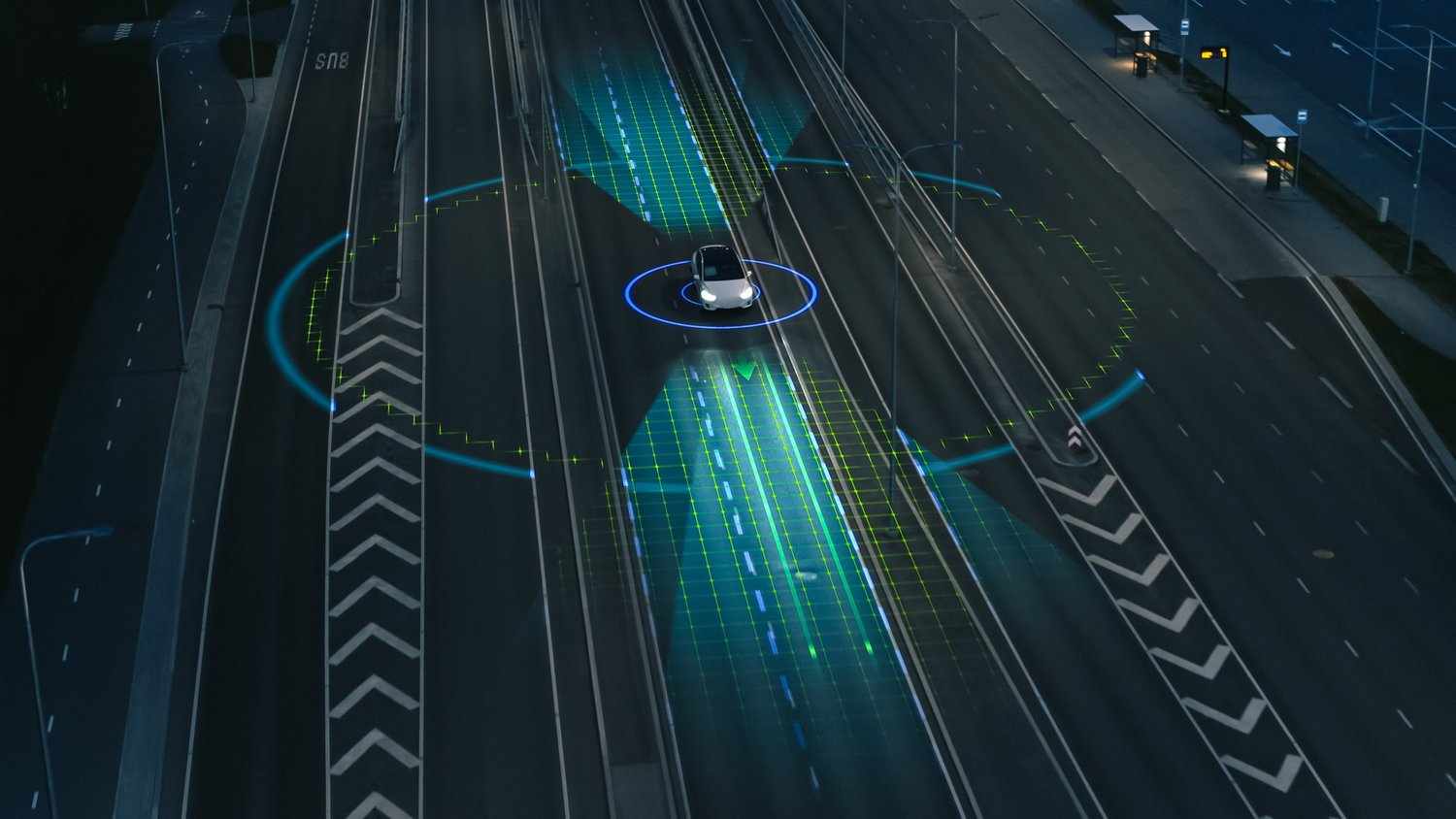In today’s rapidly advancing automotive industry, professional car computer reprogramming has become a critical aspect of maintaining vehicle performance, efficiency, and safety. With the increasing complexity of vehicle systems, including powertrain control modules (PCMs), transmission control modules (TCMs), and body control modules (BCMs), proper programming and calibration are more important than ever. Whether addressing drivability issues, improving fuel economy, or adapting to component replacements, reprogramming ensures your car’s electronic control units (ECUs) are functioning optimally.
Car computer refers to the process of updating or rewriting the software within a vehicle’s onboard computer system. These updates are necessary to ensure that the car functions in line with the latest manufacturer standards. As automakers identify issues or enhance performance, they release updated calibration files that must be loaded into the vehicle’s computer system. This service is not just for performance tuning; it’s essential for addressing recalls, emissions compliance, sensor compatibility, and integration of new electronic components.
One of the key advantages of reprogramming is improved engine performance. When a car is initially manufactured, its software is programmed to suit a broad range of environmental and regulatory conditions. However, these generic settings can limit the full potential of the engine. Through reprogramming, technicians can install software updates that optimize fuel injection, ignition timing, and idle control, resulting in smoother engine operation and better fuel efficiency.
Reprogramming is also crucial when replacing vital vehicle components. Many parts today, such as throttle bodies, mass airflow sensors, transmission solenoids, or even batteries in some modern vehicles, require a software match with the car’s main ECU. Without proper reprogramming, the vehicle may trigger warning lights, operate inefficiently, or even fail to start. This is especially common in vehicles from manufacturers that use sophisticated anti-theft and system verification features.
Emissions compliance is another significant area where reprogramming plays a key role. To meet environmental regulations set by the Environmental Protection Agency (EPA) and state authorities, manufacturers often release software updates that modify the way engines operate under specific conditions. These updates help to lower emissions and maintain compliance with current standards. Vehicles that are not updated may fail emissions testing, which can be costly for owners and problematic for the environment.
Diagnostics and repair are also tied closely to computer reprogramming. When a vehicle is brought in for service with check engine lights or other fault codes, technicians must sometimes update the software before or after replacing a failed component. For instance, after replacing a transmission or installing a new ECU, reprogramming ensures that the module communicates correctly with the rest of the vehicle’s systems. Inaccurate or outdated programming can lead to miscommunication between modules, causing persistent issues or erratic performance.
Security enhancements are yet another reason to consider reprogramming. As cyber threats continue to evolve, automakers are taking proactive measures by releasing software patches that safeguard the vehicle’s electronic systems. These updates help protect against potential hacking, data theft, and unauthorized access to the car’s systems. Ensuring your vehicle’s software is up to date can enhance its protection and preserve its long-term reliability.
It’s important to distinguish car computer from basic diagnostics or repair work. While many shops are equipped to read and clear diagnostic codes, true reprogramming requires specialized tools, access to manufacturer calibration files, and trained professionals who understand the intricacies of vehicle electronics. Attempting to reprogram a vehicle using generic tools or without proper knowledge can result in permanent damage to the vehicle’s control modules.
Additionally, there are specific procedures and requirements based on the make and model of the vehicle. For example, some manufacturers require access to proprietary software and a secure internet connection during the reprogramming process. Others may mandate that the battery be charged to a certain level or that specific drive cycles be completed after the reprogramming to validate the update. These details highlight the importance of working with professionals who have experience in OEM-level diagnostics and reprogramming procedures.
Drivers may also notice subtle improvements after a reprogramming service. These can include smoother gear shifts, quicker throttle response, more accurate dashboard readings, and even enhanced climate control efficiency. When combined, these benefits contribute to a better driving experience, improved safety, and prolonged vehicle life.
For fleets and commercial vehicles, computer reprogramming can deliver even greater benefits. Fleet managers can ensure uniformity across vehicles, improve fuel consumption, and reduce maintenance costs by keeping all systems updated with the latest software. Reprogramming can also aid in integrating new equipment or features into older fleet models, extending their useful lifespan and maximizing return on investment.
Choosing the right service provider for car computer is crucial. Since this process requires expertise, up-to-date tools, and access to original manufacturer specifications, not every automotive repair facility is equipped to perform it correctly. Working with a facility that specializes in advanced diagnostics and has a strong reputation for quality service is essential to ensure the reprogramming is done safely and effectively.
It’s also worth noting that software reprogramming should be performed proactively rather than reactively. Many vehicle owners wait until a problem arises or a warning light appears before considering reprogramming. However, keeping up with regular software updates as recommended by the manufacturer can help avoid costly repairs, minimize downtime, and ensure optimal performance. Just as you would not ignore routine oil changes or brake inspections, periodic software evaluations and updates should be part of every vehicle’s maintenance schedule.
As vehicles continue to evolve and become more connected, the role of car computer systems will only grow. From autonomous driving features to advanced driver assistance systems (ADAS), nearly every function in today’s vehicles is controlled or supported by onboard computers. Reprogramming ensures these systems are updated, synchronized, and operating according to manufacturer standards.
In summary, car computer reprogramming is a vital service that supports vehicle performance, compliance, and safety. Whether it’s enhancing fuel efficiency, correcting system errors, supporting component replacements, or reinforcing cybersecurity, reprogramming ensures your vehicle operates as it should. Staying current with software updates is an essential part of responsible vehicle ownership, especially as technology continues to advance in the automotive sector.
For professional car computer services that meet industry standards and provide lasting results, trust the experienced technicians at Abel Diagnostic Centers.



Write a comment ...